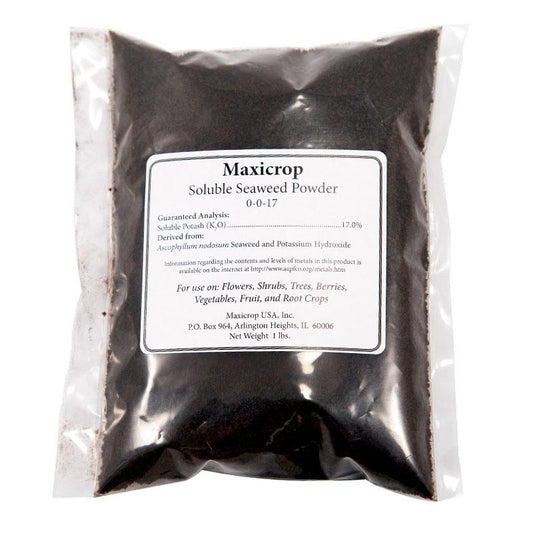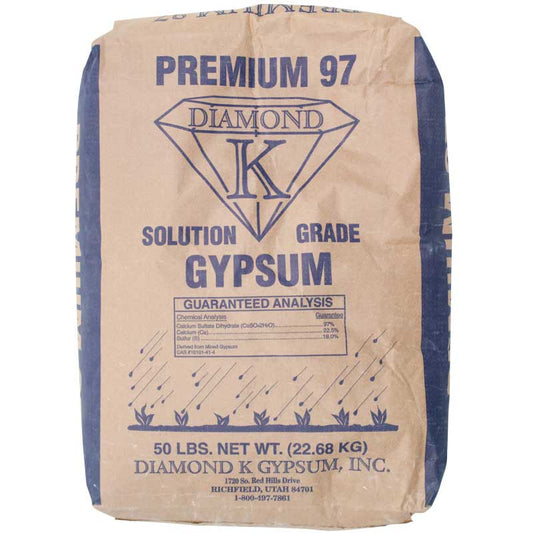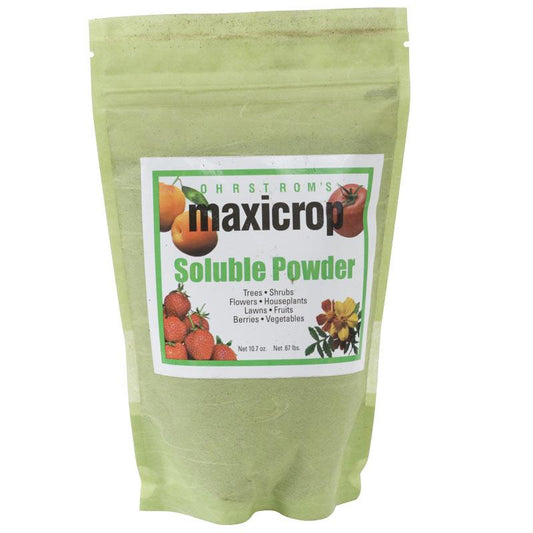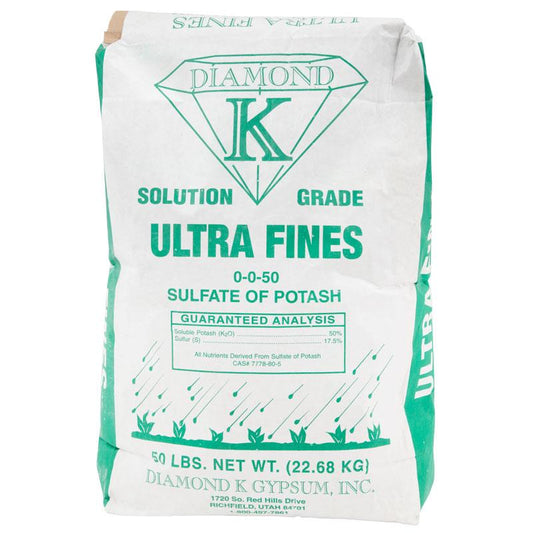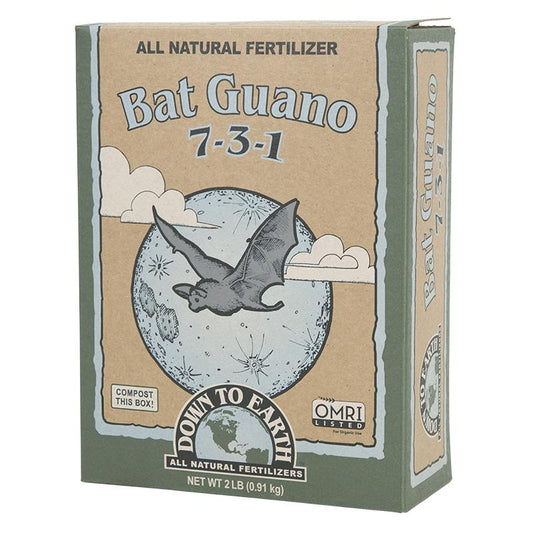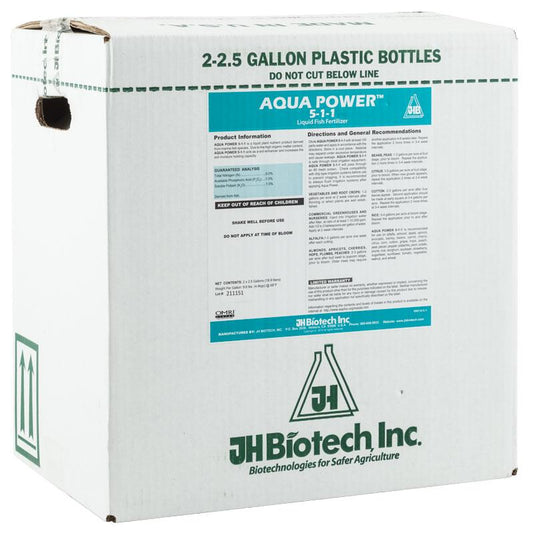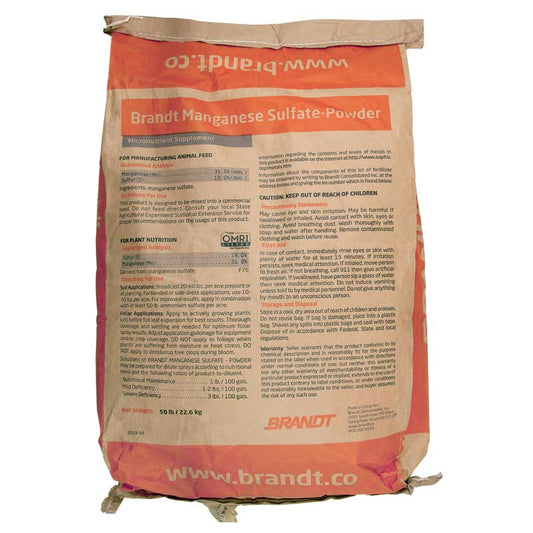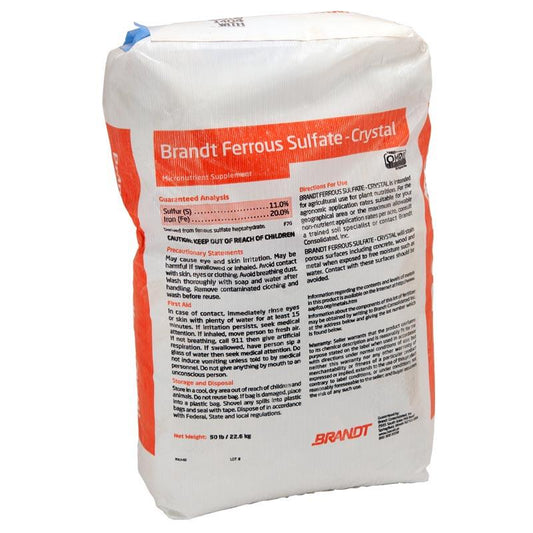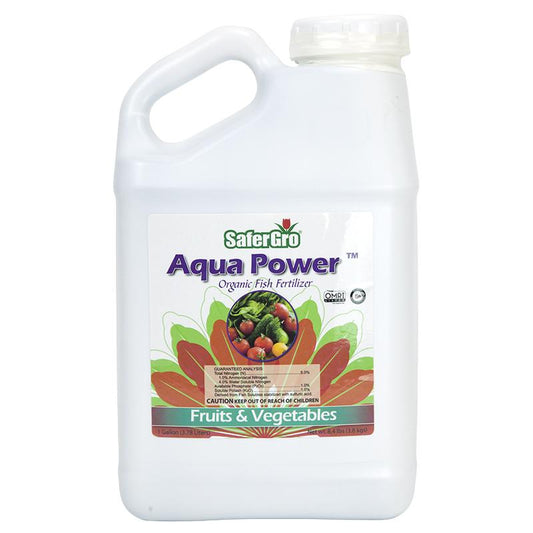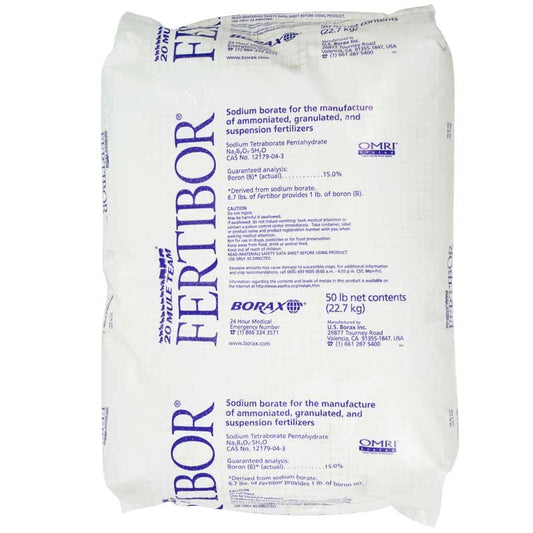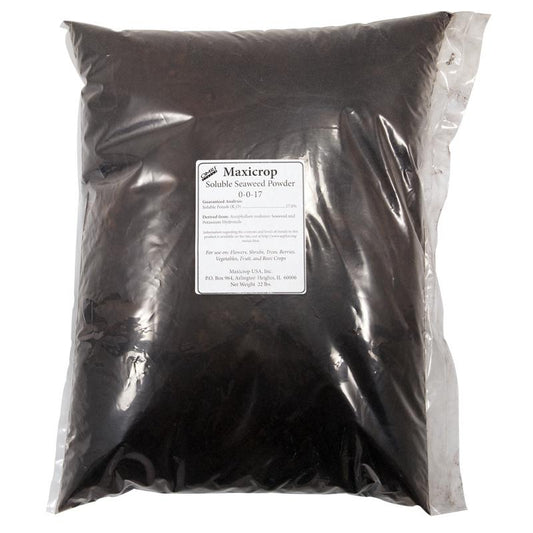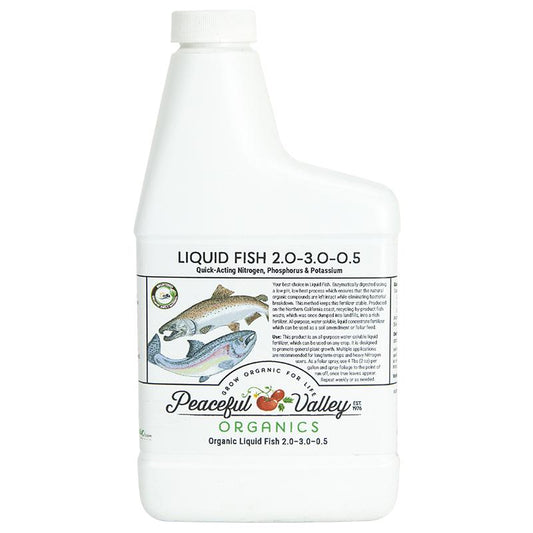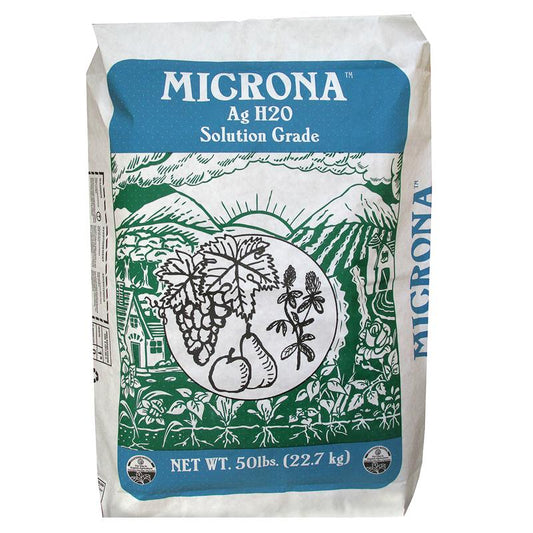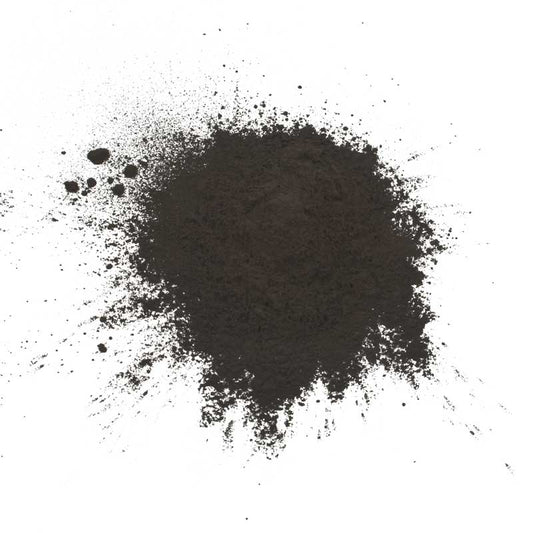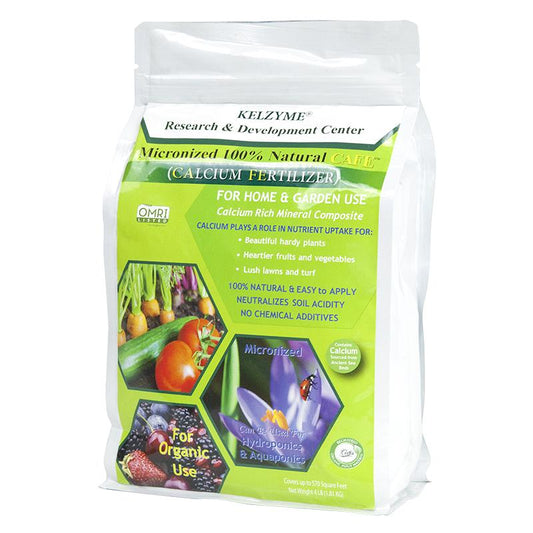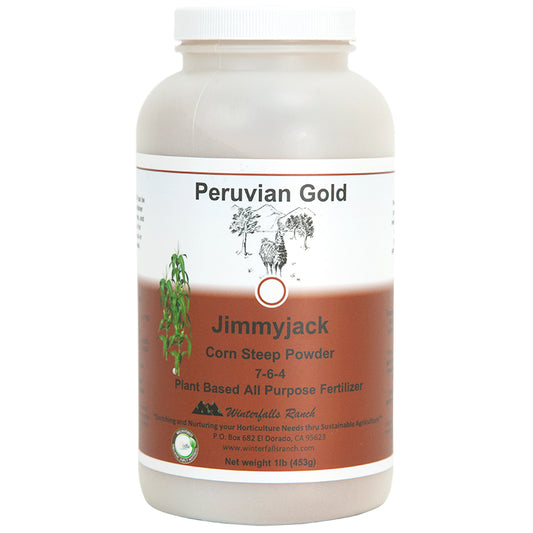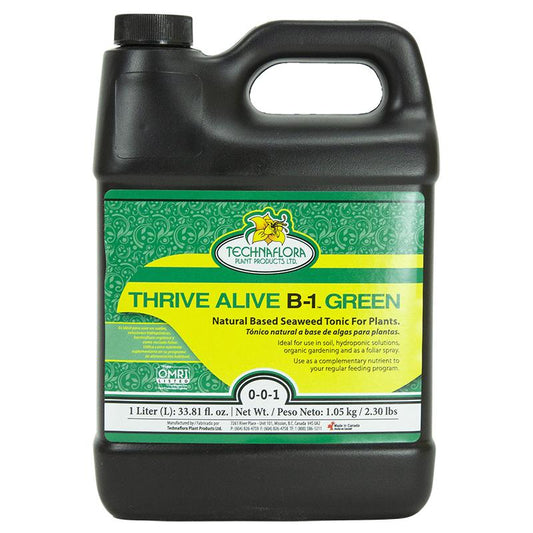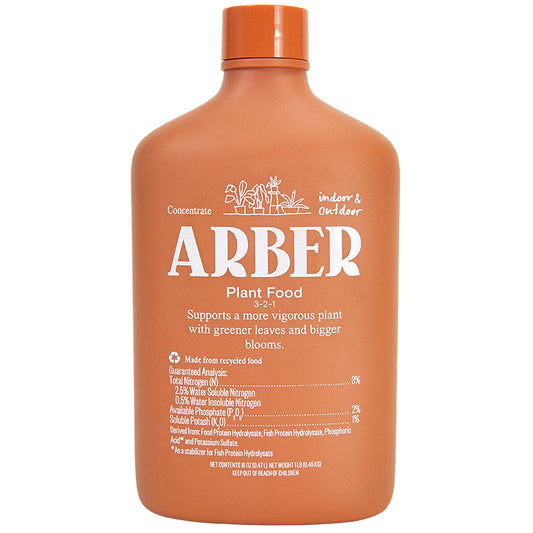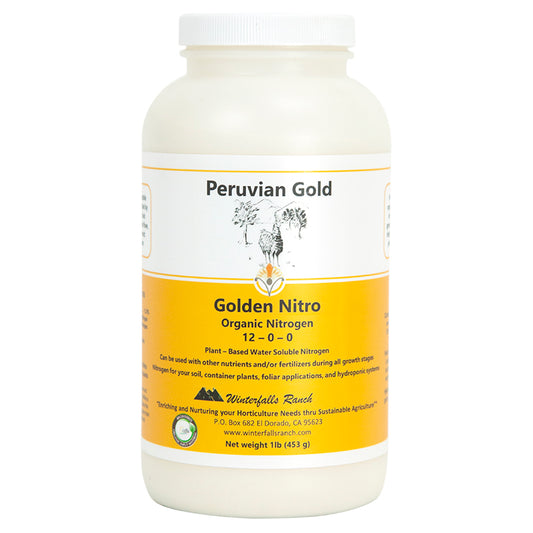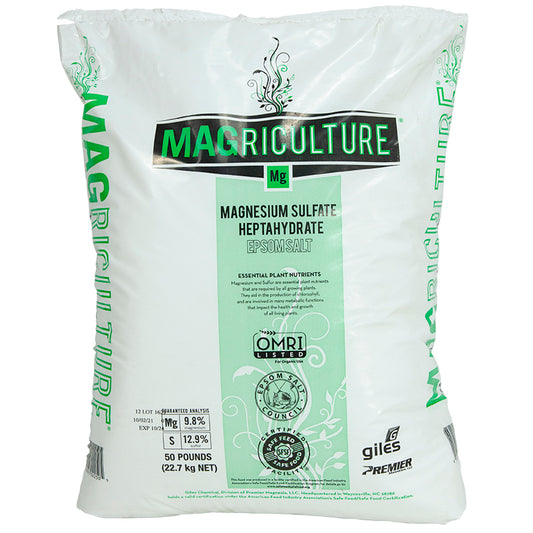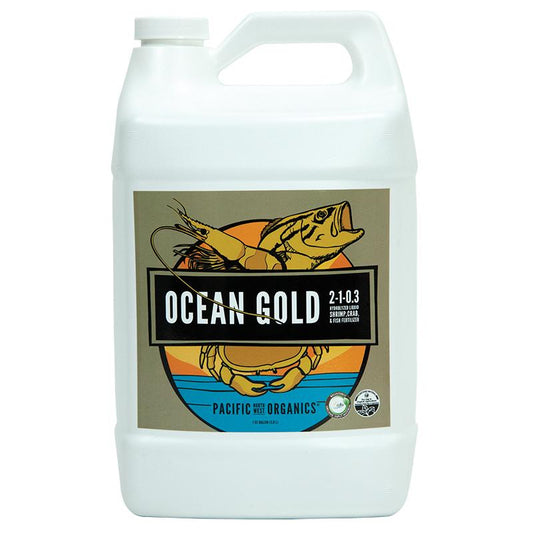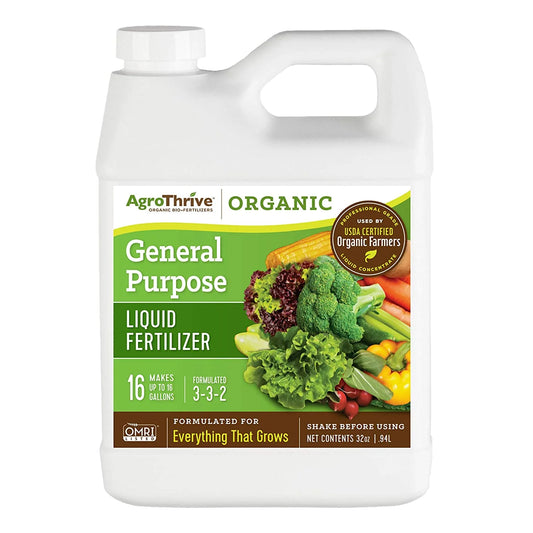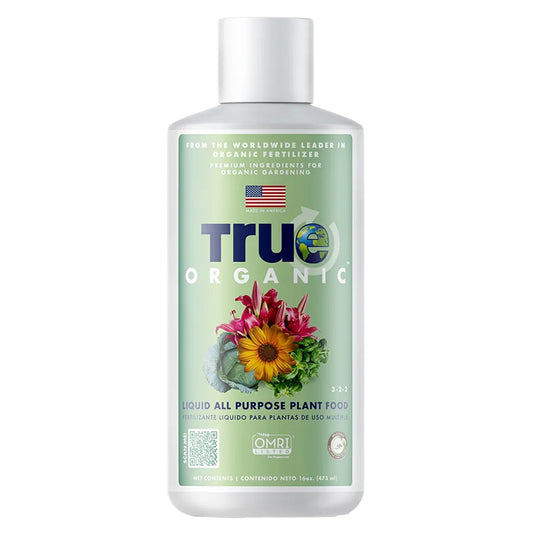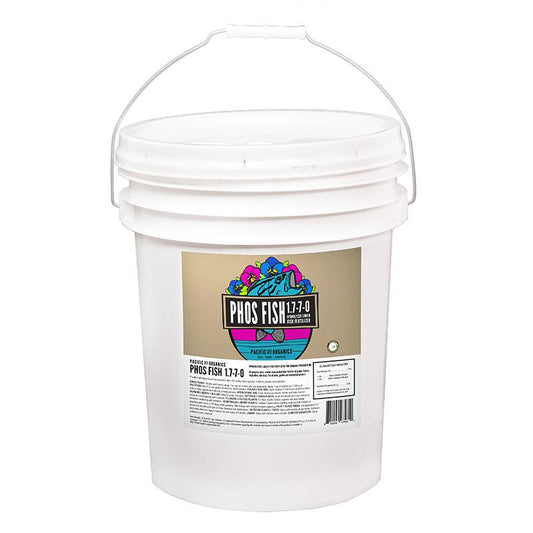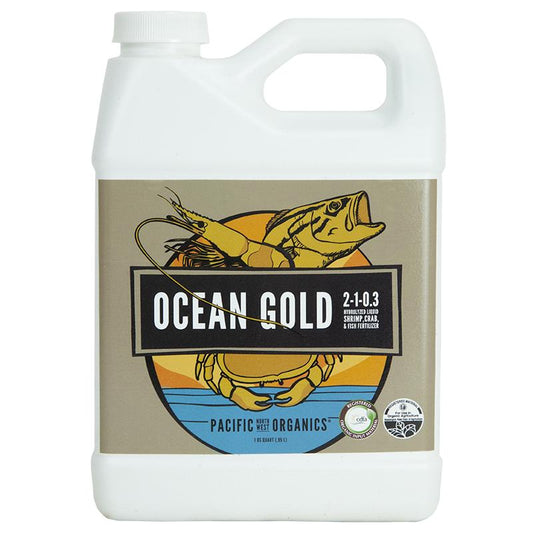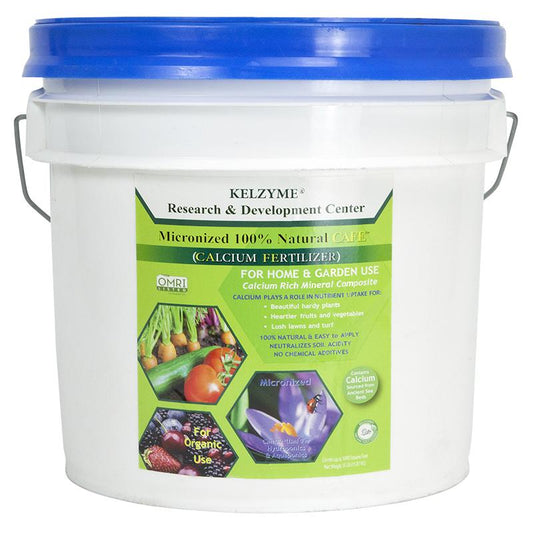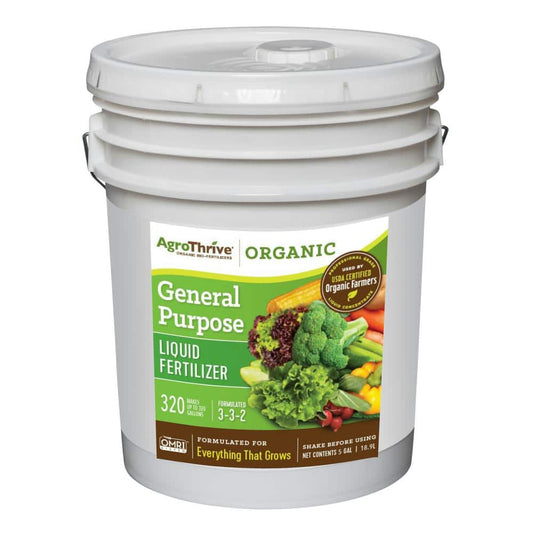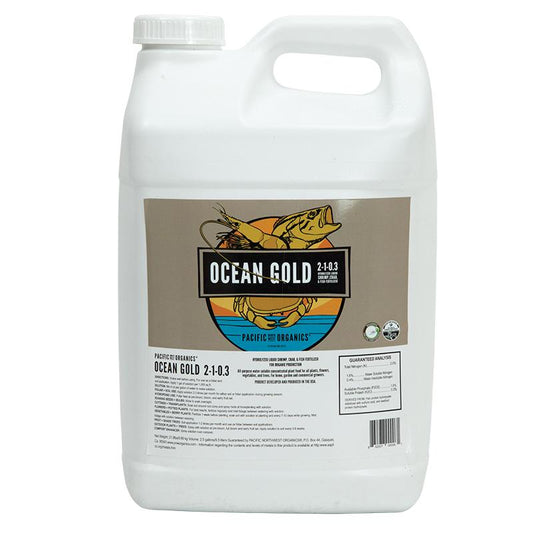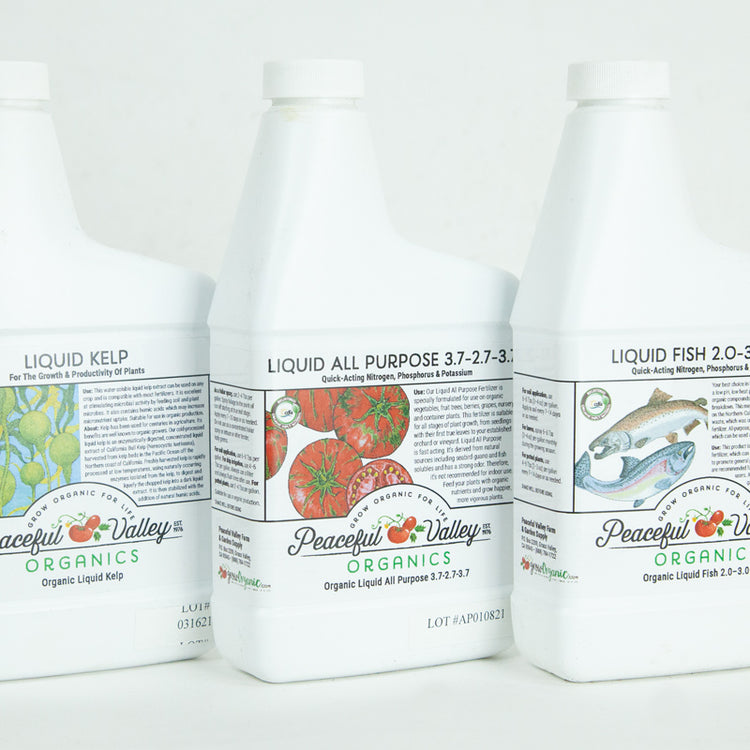Fertilizers for Fertigation: A Comprehensive Guide
Fertigation is a modern and efficient method of delivering essential nutrients to plants through irrigation systems. This innovative approach allows for precise control of fertilizers, optimizing plant growth and yields while minimizing waste. To successfully implement fertigation, it's crucial to choose the right fertilizers. In this guide, we'll explore various fertilizers designed for fertigation, their types, and how they can benefit your crops.
Understanding Fertigation
Fertigation is the process of applying fertilizers and nutrients to crops via irrigation systems. It blends the benefits of both irrigation and fertilization, delivering water and essential nutrients directly to the root zone of plants. This technique ensures that plants receive nutrients exactly when needed, improving nutrient absorption and growth. To implement fertigation effectively, you must select the appropriate fertilizers, which come in various forms and formulations.
Types of Fertilizers for Fertigation
1. Liquid Fertilizers:
Liquid fertilizers are popular for fertigation due to their ease of use and rapid plant absorption. These fertilizers are available in concentrated forms and can be easily injected into irrigation systems. They are well-suited for providing essential macronutrients like nitrogen, phosphorus, and potassium (NPK) in precise quantities.
2. Water-Soluble Fertilizers:
Water-soluble fertilizers are designed to dissolve quickly when mixed with water, making them ideal for fertigation. They are available in various formulations, allowing you to customize nutrient blends for specific crop requirements. These fertilizers are known for their rapid nutrient availability to plants and are often used for foliar feeding as well.
3. Granular Fertilizers:
Granular fertilizers can also be used in fertigation systems, although they require specialized equipment to dissolve and distribute effectively. They are less commonly used than liquid and water-soluble fertilizers but can be advantageous for certain applications. Granular fertilizers are particularly suitable for slow-release nutrient delivery.
Benefits of Fertigation Fertilizers
1. Precision Nutrient Delivery:
Fertigation fertilizers allow for precise control over nutrient application, ensuring that plants receive the right nutrients at the right time. This precision promotes healthier plants and optimal growth.
2. Increased Efficiency:
Fertigation minimizes nutrient wastage and runoff, making it an environmentally friendly and cost-effective method. Nutrients are delivered directly to the root zone, reducing the risk of leaching into the surrounding environment.
3. Improved Crop Quality:
Fermentation fertilizers contribute to higher crop quality by providing a consistent and balanced supply of nutrients. This can result in improved taste, appearance, and marketability of agricultural produce.
4. Reduced Labor Costs:
Automated fertigation systems reduce the need for manual fertilization, leading to lower labor costs and increased operational efficiency on farms.
Choosing the Right Fertigation Fertilizer
Selecting the right fertigation fertilizer depends on several factors, including your crop type, soil conditions, and specific nutrient requirements. Here are some key considerations:
1. Crop Needs:
Different crops have varying nutrient requirements at different growth stages. Choose fertilizers with formulations tailored to your specific crops and their growth stages.
2. Soil Analysis:
Conduct a soil test to determine your soil's existing nutrient levels and pH. This information will help you select the appropriate fertigation fertilizer to address any deficiencies or imbalances.
3. Water Quality:
The quality of your irrigation water can impact the choice of fertilizers. Consider water hardness, alkalinity, and potential interactions with fertilizers when selecting.
Fertigation is a highly effective method for delivering nutrients to crops, and the choice of fertilizers plays a pivotal role in its success. Liquid, water-soluble, and granular fertilizers each have their advantages, and selecting the right one depends on your specific needs and circumstances. By harnessing the power of fertigation fertilizers, you can optimize crop growth, increase efficiency, and enhance the overall quality of your agricultural produce.
For more information, see our video on fertigation.


